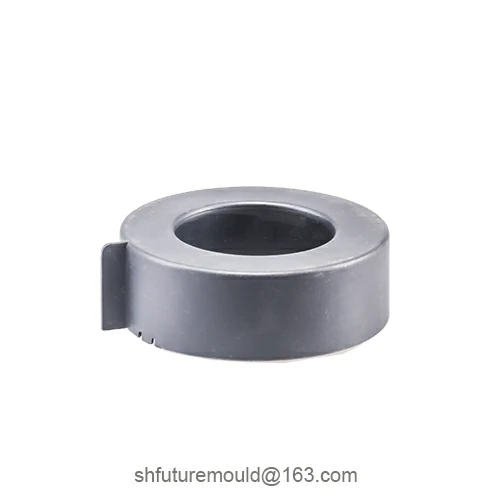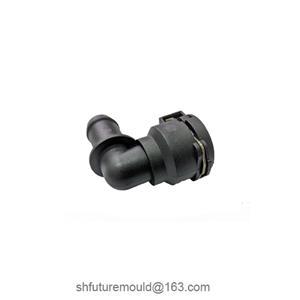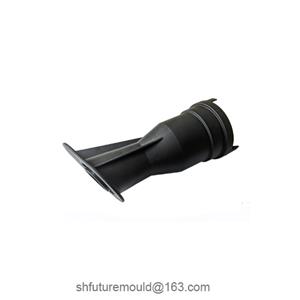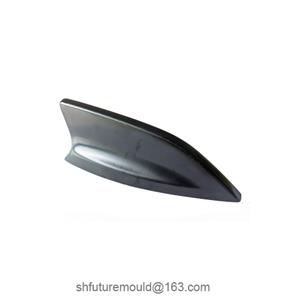Key Factors to Consider When Selecting an Injection Molding Machine
Selecting the right injection molding machine is crucial for ensuring the quality and efficiency of your plastic products. When choosing an injection molding machine, several key factors should be considered:
1. Properties of the Plastic Part
Type of plastic: Different plastics have varying melting points, flow rates, and viscosities. The injection pressure, injection speed, and screw rotation speed of the machine should be matched to the specific characteristics of the plastic.
Size and weight of the part: The size and weight of the part determine the required injection volume and clamping force.
The wall thickness of the part: Parts with thinner walls require higher injection speeds and pressures, while parts with thicker walls require larger injection volumes.
Complexity of the part: For complex parts, a machine with higher precision and control capabilities is necessary.
2. Production Requirements
Cycle time: The injection speed and cooling time should be selected based on the required cycle time.
Production volume: For large production volumes, a high-efficiency machine is required, while for small production volumes, flexibility may be a more important consideration.
Product precision: For products requiring high precision, a machine with a high-precision control system is necessary.
3. Technical Parameters of the Injection Molding Machine
Clamping force: Clamping force is one of the most important parameters of an injection molding machine. It determines the maximum size and thickness of the part that the machine can produce.
Shot size: Shot size refers to the maximum amount of plastic that the machine can inject in one shot.
Injection pressure: Injection pressure is required to inject molten plastic into the mold cavity.
Injection speed: Injection speed refers to the speed at which the molten plastic is injected from the nozzle into the cavity.
Screw diameter and rotation speed: The screw diameter and rotation speed affect the plasticization of the plastic.
4. Auxiliary Functions
Temperature control system: A precise temperature control system ensures the molten state of the plastic and improves product quality.
Injection pressure control system: Accurate injection pressure control can improve the filling performance of the product.
Automation level: A high degree of automation can improve production efficiency and reduce labor costs.
- Injection Mold
- Automotive Injection Mold
- Electronics & Electrical Injection Mold
- Consumer Goods Injection Mold
- Airplane Components Injection Mold
- Medical Components Injection Mold
- Irrigation Components Injection Mold
- Injection Molds




